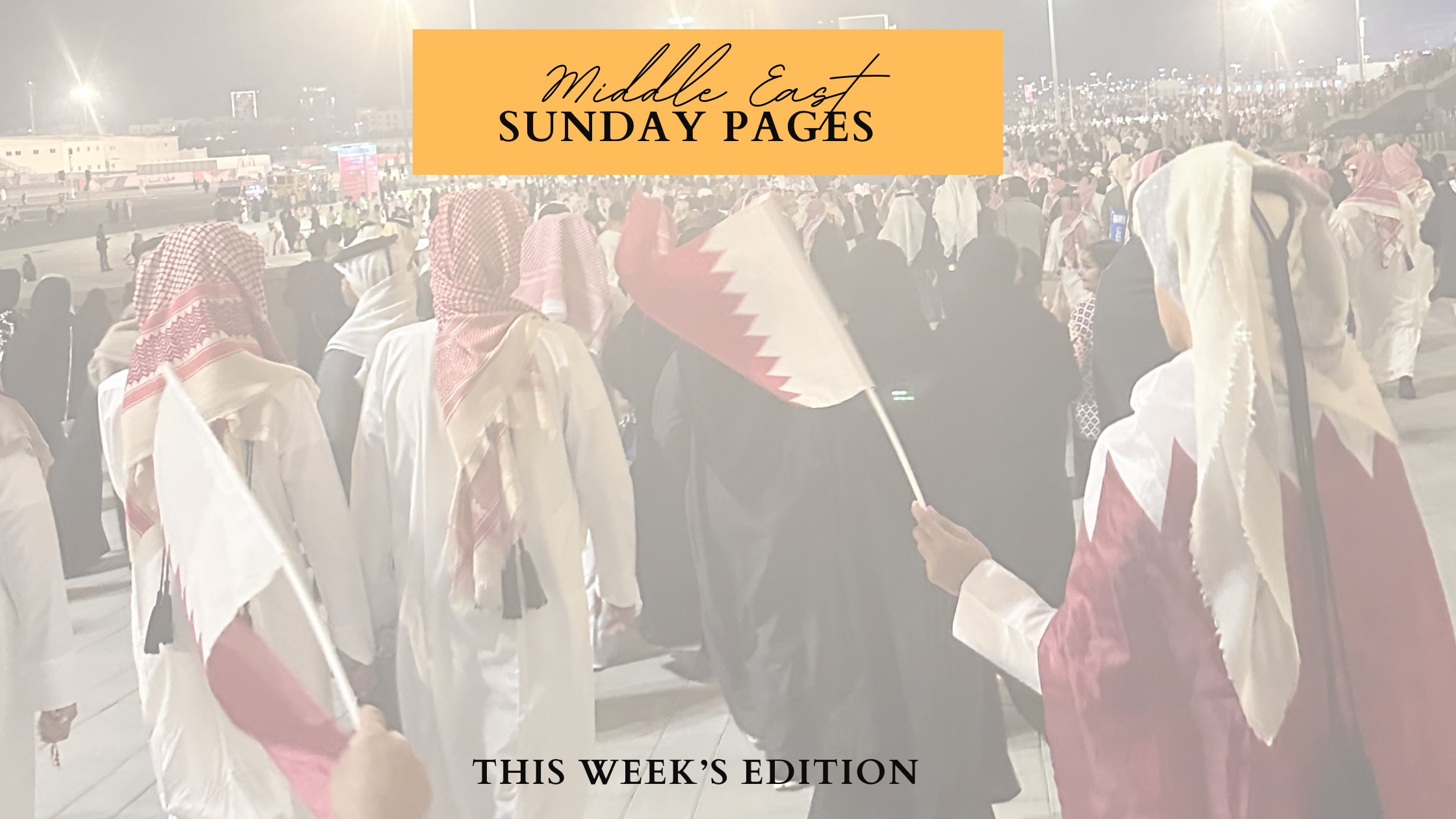
How Qatar paved the Way for more Sports in the Region
The successful hosting of the 2022 FIFA World Cup by Qatar marked a pivotal moment for sports in the Middle East, setting a new standard and inspiring neighbouring countries to pursue similar ambitious goals. This transformative journey not only reshaped Qatar’s landscape but also catalysed a sports revolution across the Gulf region, culminating (for the moment) in Saudi Arabia’s successful bid for the 2034 World Cup and the expansion of events like Riyadh Season. For Western companies looking to engage with this market, understanding this sports-driven transformation is crucial. A first step to get this kind of information are the Star-CaT Middle East Insights Newsletter.
Qatar’s World Cup Journey: A Blueprint for Success
Qatar’s path to hosting the 2022 FIFA World Cup was marked by unprecedented challenges and remarkable achievements:
Infrastructure Overhaul
Qatar embarked on a massive construction project, building seven new stadiums and renovating existing ones. The Lusail Iconic Stadium, with its 86,000-seat capacity, became a symbol of Qatar’s ambition and technological prowess.
Transportation Revolution
The country revamped its transportation infrastructure, including the completion of a smooth metro system in May 2019 and the Lusail tram system in January 2022. This systems provided free transportation to World Cup ticket holders, demonstrating Qatar’s commitment to visitor experience.
Despite initial skepticism, Qatar successfully managed the influx of over 3.4 million fans across 64 matches, proving its capability to handle large-scale international events.
Cultural Integration
Qatar seamlessly blended sports with culture, showcasing art installations like Lorenzo Quinn’s ‘Goal of the Century’ piece at the FIFA Fan Festival. This approach highlighted the unifying power of sports and art.
The Ripple Effect: Saudi Arabia’s 2034 World Cup Bid
Qatar’s success in hosting the World Cup had a profound impact on the region, particularly inspiring Saudi Arabia. Encouraged by Qatar’s achievement, Saudi Arabia announced its bid for the 2034 FIFA World Cup, signalling its intent to become a major player in international sports.
Infrastructure Development
Following Qatar’s model, Saudi Arabia has begun planning significant infrastructure upgrades, including new stadiums and transportation systems (such as the Riyadh Metro), to support its World Cup bid.
Economic Diversification
The bid aligns with Saudi Arabia’s Vision 2030, aiming to diversify the economy and reduce dependence on oil revenues through sports and tourism as one avenue of diversification. But one initiative has worked on bringing more sports events to Saudi than others: Riyadh Season.
Riyadh Season 2024 exemplifies the region’s growing sports diversity:
Tennis Takes Center Stage
While previously known for boxing events, Riyadh Season 2024 placed a significant focus on tennis, attracting top international players and showcasing the region’s versatility in hosting various sports in the successful tournament called: The Six Kings Slam which featured world champions such as Djokovic and Nadal and the WTA Finals in which the top female tennis players of the year competed.
Similar to Qatar’s approach, Riyadh Season blended sports with cultural experiences, offering a holistic entertainment package to visitors. The yearly event demonstrated the potential of sports tourism, attracting international visitors and boosting local businesses.
Lessons for Western Companies
For Western companies looking to engage with the Gulf market, these developments offer crucial insights:
Stay Informed on Regional Developments
The rapid evolution of sports in the region means companies must stay abreast of new events, bids, and infrastructure projects. This knowledge can form marketing strategies and business opportunities. You can subscribe to our Middle East Insights for free here.
Understand Local Passions
The growing enthusiasm for diverse sports in the region indicates changing consumer interests. Companies should tailor their products and marketing to align with these evolving preferences.
Leverage Sports for Brand Visibility
With major sporting events becoming more frequent, there are increased opportunities for sponsorship and brand association with popular tournaments and leagues but also for trade events. We provide an extensive Trade Events Calendar not only for Saudi but for the whole GCC region.
Adapt to Cultural Sensitivities
While embracing sports, the region maintains its cultural values. Western companies must navigate this balance, respecting local traditions while engaging with sports-related opportunities. Knowing when key holidays are is not a nice to have it is a must have. We have created a comprehensive calendar for 2025 here.
Engage with Digital Platforms
The tech-savvy population in the Gulf region consumes sports content heavily through digital media. Companies should optimise their digital presence to connect with this audience. Also read our blog post on how to create better Marketing for the Gulf here
Prepare for Rapid Changes
The speed at which Qatar transformed for the World Cup and Saudi Arabia’s ambitious plans indicate fast-paced markets. Companies need to be agile and ready to adapt quickly.
Sports in the Gulf Region
The success of the Qatar World Cup and events like Riyadh Season are just the beginning. The region is poised for continued growth in the sports sector:
- While football remains popular, there’s a growing interest in other sports like tennis, golf, and motorsports, offering diverse opportunities for businesses.
- Following Qatar’s example of building recyclable stadiums, future sports developments in the region are likely to emphasise sustainability, opening avenues for green technologies and practices. (Sustainability and Green Initiatives are a huge part of Vision 2030 – download our Project Guide here)
- With a young population, the Gulf countries are investing in grassroots sports programs, presenting opportunities for companies in sports education and equipment.
- There is also a growing market for sports-related technology, from fan engagement apps to performance analytics tools.
Qatar’s successful hosting of the 2022 FIFA World Cup has indeed paved the way for more sports in the region. It has not only inspired ambitious projects like Saudi Arabia’s 2034 World Cup bid but also catalysed a broader sports revolution across the Gulf.
Events like Riyadh Season 2024 demonstrate the region’s commitment to diversifying its sports offerings and integrating them with cultural experiences. For Western companies, this transformation presents both opportunities and challenges. Success in this market requires a deep understanding of local preferences, cultural sensitivities, and the rapidly evolving sports landscape. By staying informed about regional developments, adapting to local passions, and leveraging the growing sports infrastructure, companies can position themselves to thrive in this dynamic market. We offer online products with a multitude of resources for your Middle East Business here.




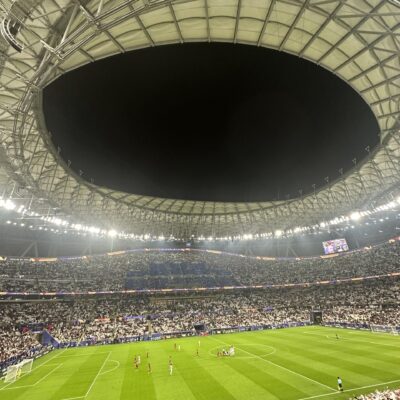

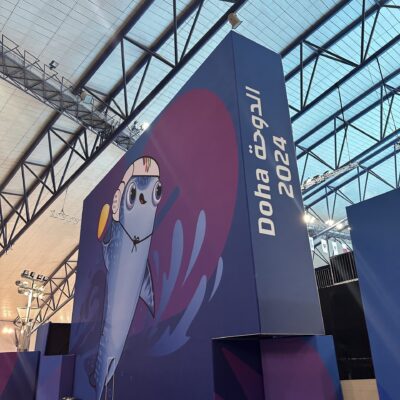
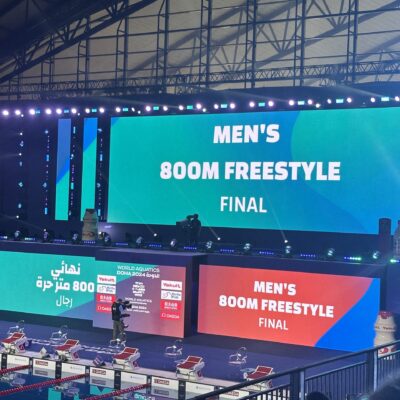
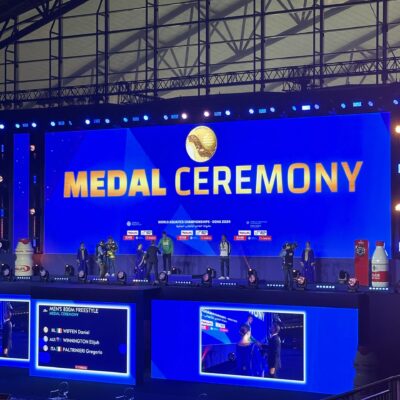
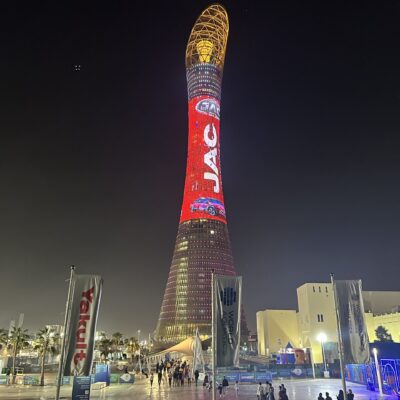

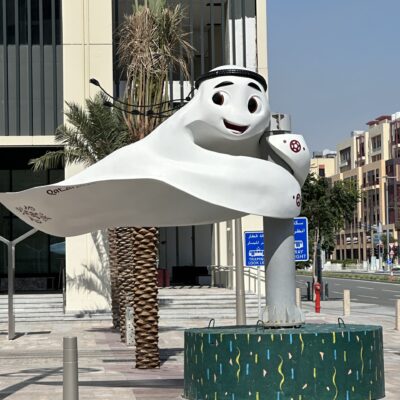
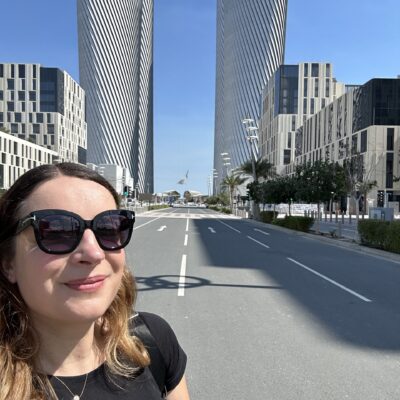
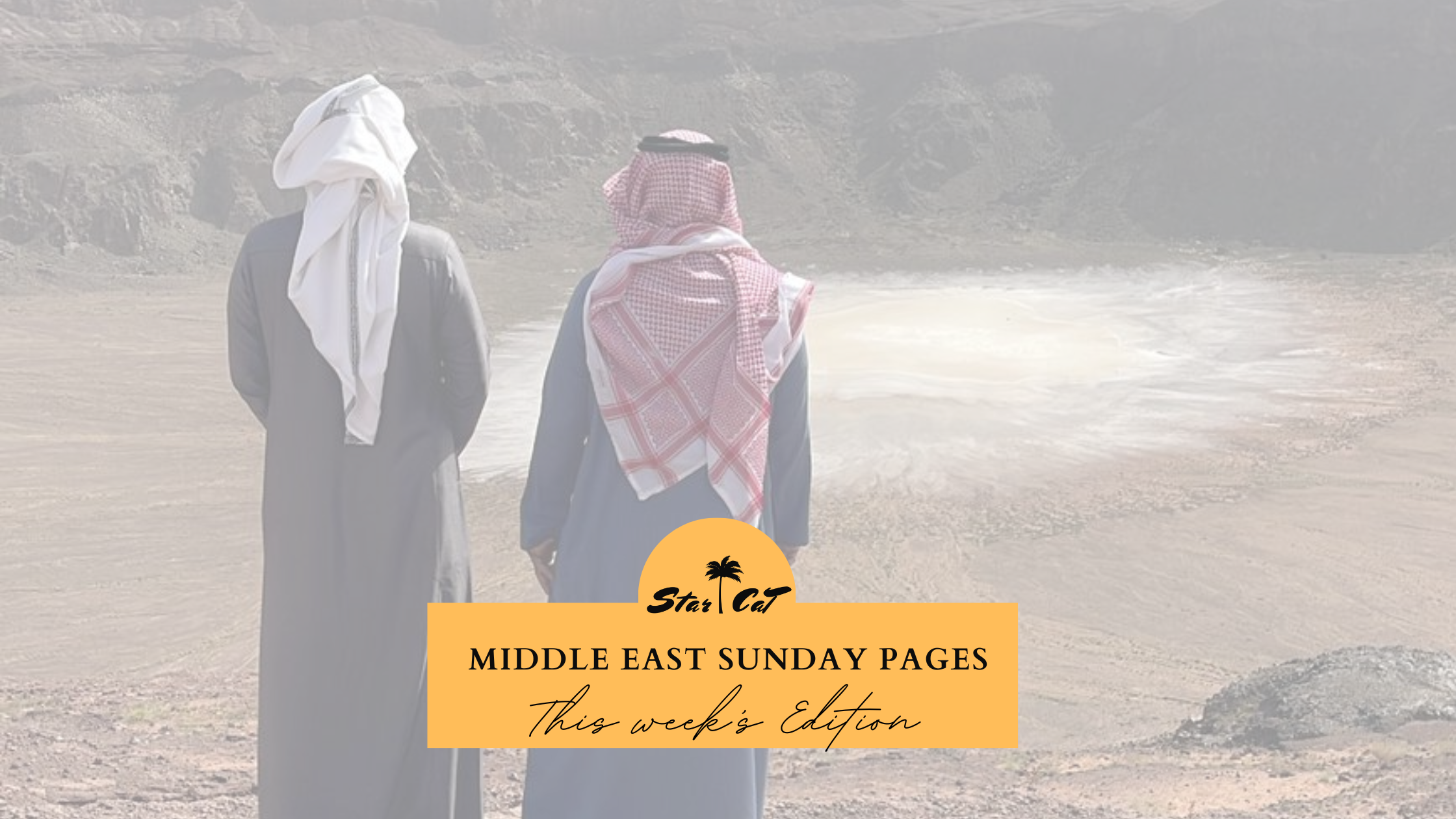

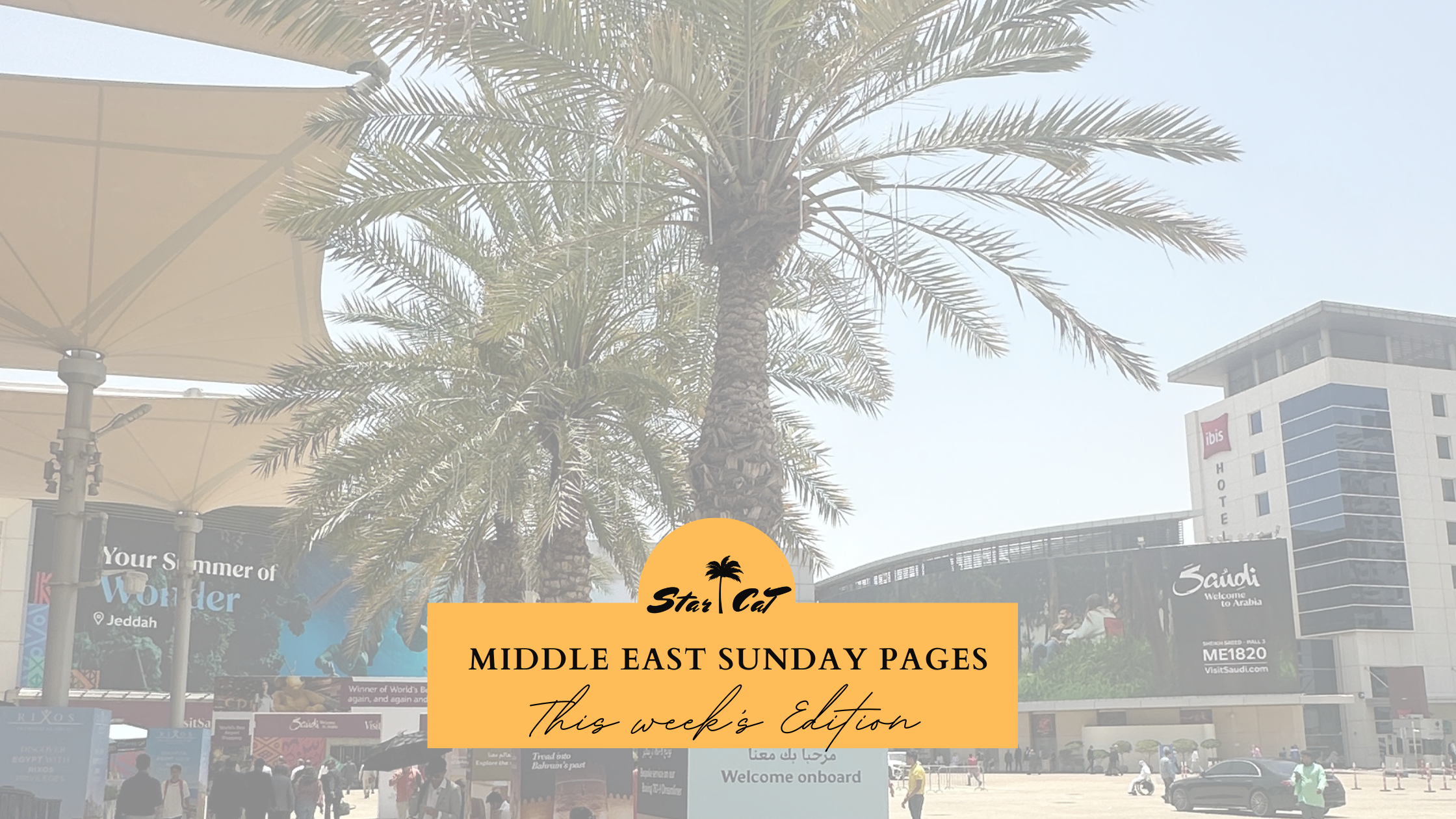
This Post Has 0 Comments